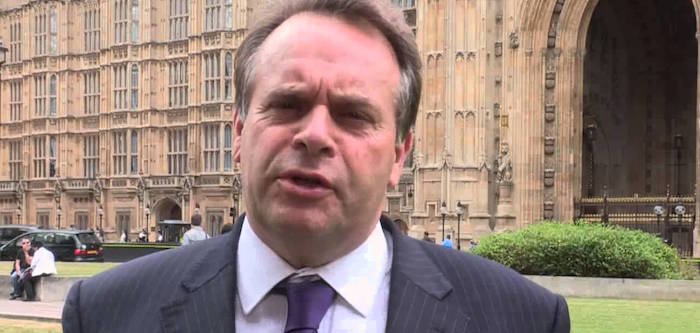Neil Parish, chair of the Environment, Food and Rural Affairs Committee (EFRA), has called on MPs to ‘step up’ and back his efforts to give farmers and consumers legal protection against lower standard imports after we leave the EU.
Writing HERE, the Devon MP explains why he has tabled two amendments to the Agriculture Bill that would ensure agricultural goods can only be imported into the UK if production standards are at least as high as in the UK.
“For me, Ministerial assurances won’t do,” he writes. “Parliament must step up, back my amendments and force the Government to take protection of our farmers seriously.”
You can read the full article here
Ministerial assurances were all visitors to the Oxford Farming Conference received in early January, as the issue took centre stage. NFU president Minette Batters urged the Government to back its ‘warm words’ on the subject with ‘leadership and action’. “We want it put in writing,” she said.
Defra Secretary Michael Gove reiterated his desire to ensure the UK does not ‘barter away its high environmental and animal welfare standards in pursuit of a necessarily short-term trade-off’, but once again fell short of the firm legislative commitments Mr Parish, Mrs Batters and the wider farming industry are seeking.
He said leaving the EU means Parliament would take back control, having a final say on new trade treaties. “It would be vanishingly unlikely we would agree to lower the sorts of protections I am committing to upholding,” he said, adding that a US-UK trade deal is likely to ‘start with services’.
Post-Brexit import standards are a major concern to the UK pig sector. The US pork sector and the US administration have made it clear they could only accept a deal if the UK accepted US standards, for example on the use of feed additive ractopamine in pigs, and plant inspections.
Farming Minister George Eustice adopted a similar line, insisting current legislation gives Parliament a ‘final say’
on trade deals. He said Mr Parish’s amendment would outlaw a number of products we currently import from the EU and that the key is to negotiate ‘equivalent’ standards, not identical ones.




